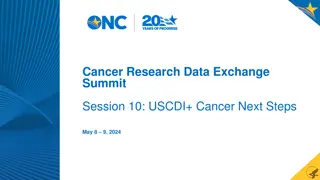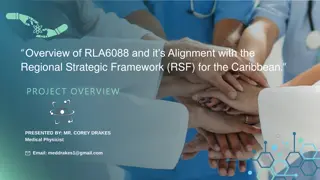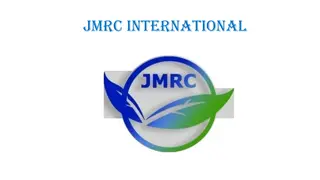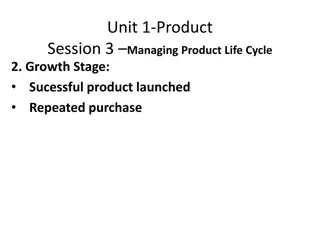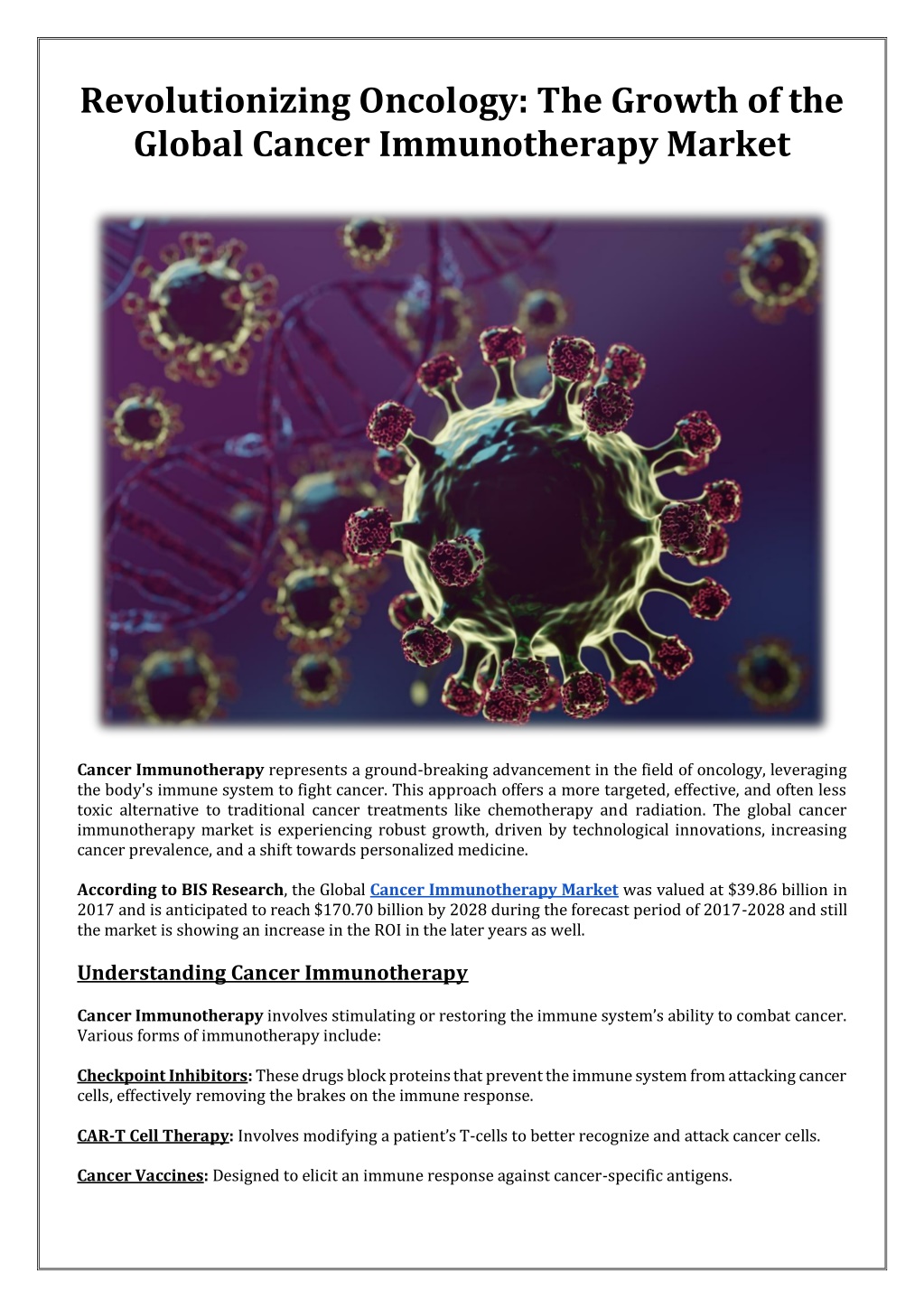
Revolutionizing Oncology: The Growth of the Global Cancer Immunotherapy Market
The Global Cancer Immunotherapy Market was valued at $39.86 billion in 2017 and is anticipated to reach $170.70 billion by 2028 during the forecast period of 2017-2028 and still the market is showing an increase in the ROI in the later years as well.
- Cancer Immunotherapy Market
- Cancer Immunotherapy Market Report
- Cancer Immunotherapy Market Research
- Cancer Immunotherapy Market Forecast
- Cancer Immunotherapy Market Analysis
- Cancer Immunotherapy Market Growth
Uploaded on | 0 Views
Download Presentation
Please find below an Image/Link to download the presentation.
The content on the website is provided AS IS for your information and personal use only. It may not be sold, licensed, or shared on other websites without obtaining consent from the author. Download presentation by click this link. If you encounter any issues during the download, it is possible that the publisher has removed the file from their server.
Presentation Transcript
Revolutionizing Oncology: The Growth of the Global Cancer Immunotherapy Market Cancer Immunotherapy represents a ground-breaking advancement in the field of oncology, leveraging the body's immune system to fight cancer. This approach offers a more targeted, effective, and often less toxic alternative to traditional cancer treatments like chemotherapy and radiation. The global cancer immunotherapy market is experiencing robust growth, driven by technological innovations, increasing cancer prevalence, and a shift towards personalized medicine. According to BIS Research, the Global Cancer Immunotherapy Market was valued at $39.86 billion in 2017 and is anticipated to reach $170.70 billion by 2028 during the forecast period of 2017-2028 and still the market is showing an increase in the ROI in the later years as well. Understanding Cancer Immunotherapy Cancer Immunotherapyinvolves stimulating or restoring the immune system s ability to combat cancer. Various forms of immunotherapy include: Checkpoint Inhibitors: These drugs block proteins that prevent the immune system from attacking cancer cells, effectively removing the brakes on the immune response. CAR-T Cell Therapy:Involves modifying a patient s T-cells to better recognize and attack cancer cells. Cancer Vaccines: Designed to elicit an immune response against cancer-specific antigens.
Monoclonal Antibodies: Lab-produced molecules that can bind to cancer cells, marking them for destruction by the immune system. Cytokines: Proteins that boost the immune system s response to cancer. Key Market Dynamics Several factors are propelling the growth of the global cancer immunotherapy market: Rising Cancer Incidence: The global burden of cancer is increasing, with millions of new cases diagnosed each year. This surge is driving the demand for effective treatments. Technological Advancements: Innovations in biotechnology and genomics have facilitated the development of advanced immunotherapies that are more targeted and personalized. Favourable Regulatory Environment: Regulatory agencies worldwide are increasingly approving immunotherapy treatments, recognizing their potential to improve patient outcomes. Growing Adoption of Personalized Medicine: Immunotherapies can be tailored to individual patients based on genetic, environmental, and lifestyle factors, aligning with the trend towards personalized healthcare. Increased Investment and Funding: Significant investment from pharmaceutical companies and government initiatives is fueling research and development in cancer immunotherapy. Global Cancer Immunotherapy Market Segmentation Segmentation by Therapy Type: - Monoclonal Antibodies - Checkpoint Inhibitors - CAR-T Cell Therapy - Cancer Vaccines - Cytokines Segmentation by Application: - Lung Cancer - Breast Cancer - Colorectal Cancer - Melanoma - Prostate Cancer Segmentation by End-User: - Hospitals - Cancer Research Centers - Specialty Clinics - Academic Institutions Request for an Updated Version of the FREE sample research report on Cancer Immunotherapy Market Research. Global Market Challenges and Opportunities While the cancer immunotherapy market presents substantial opportunities, it also faces several challenges: High Cost of Treatment: Immunotherapy treatments can be expensive, limiting accessibility for some patients and straining healthcare budgets.
Complex Manufacturing Processes: The production of immunotherapies, particularly personalized treatments like CAR-T cells, involves complex and time-consuming processes. Regulatory Hurdles: Navigating the regulatory landscape for new immunotherapies can be challenging, requiring extensive clinical trials to demonstrate safety and efficacy. Side Effects: Immunotherapies can cause significant side effects, including immune-related adverse events, necessitating careful patient monitoring. Conversely, the market presents numerous opportunities: Technological Innovation: Ongoing advancements in biotechnology, genomics, and data analytics will continue to drive innovation, improving the effectiveness and accessibility of immunotherapies. Collaborative Research: Partnerships between pharmaceutical companies, research institutions, and healthcare providers can accelerate the development and commercialization of new treatments. Expansion in Emerging Markets: Improving healthcare infrastructure and rising awareness in emerging markets present significant growth opportunities for cancer immunotherapies. Combination Therapies: Combining immunotherapies with other treatment modalities, such as chemotherapy and radiation, can enhance efficacy and overcome resistance mechanisms. Future Market Prospects The future of the global cancer immunotherapy industry looks promising, with several trends likely to shape its trajectory: Personalized Medicine: The trend towards personalized medicine will drive the development of tailored immunotherapies based on individual patient profiles. AI and Machine Learning: These technologies will play a crucial role in identifying new immunotherapy targets, optimizing treatment plans, and predicting patient responses. Gene Editing Technologies: Advances in gene editing, such as CRISPR, will enable the creation of more precise and effective immunotherapies. Enhanced Data Integration: Improved integration of genomic, clinical, and real-world data will facilitate better understanding and treatment of cancer. Conclusion By addressing challenges related to high costs, complex manufacturing processes, regulatory hurdles, and side effects, and leveraging opportunities in technological innovation, collaborative research, emerging markets, and combination therapies, the potential of cancer immunotherapies in revolutionizing cancer treatment can be fully realized. This market not only enhances patient outcomes but also represents a major leap forward in the fight against cancer, offering hope to millions of patients worldwide.


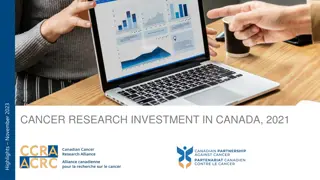

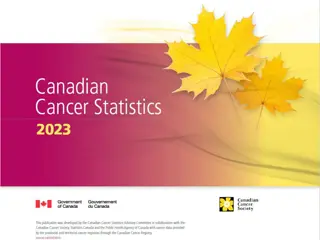

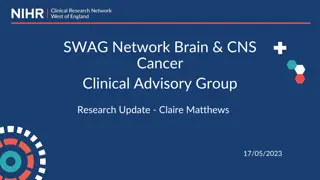
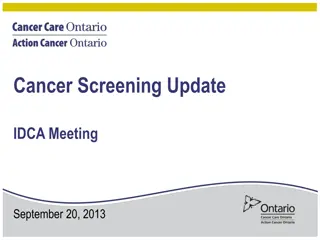

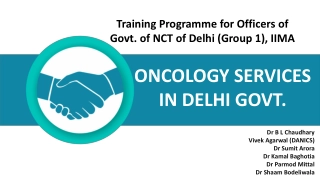




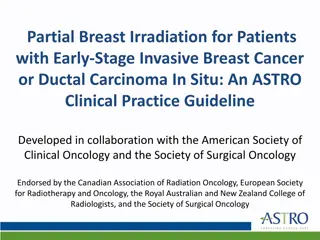



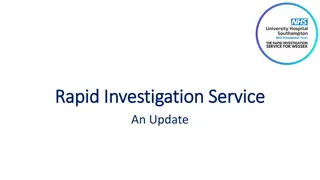

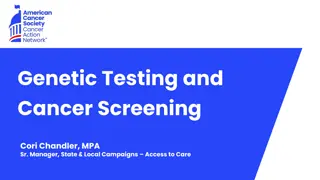








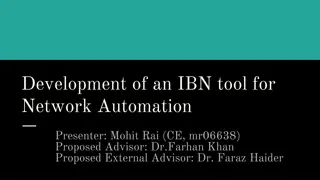


![Financial hardship and the economic burden of health [cancer] care](/thumb/779/financial-hardship-and-the-economic-burden-of-health-cancer-care.jpg)










